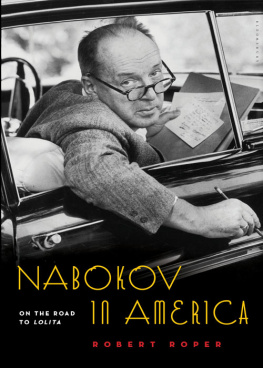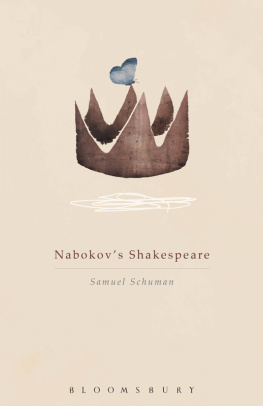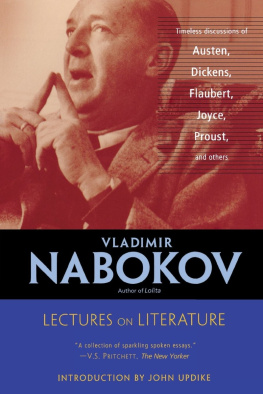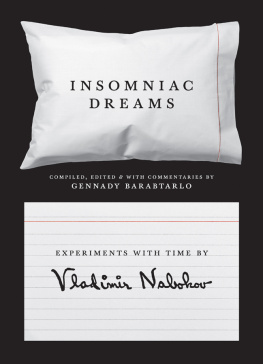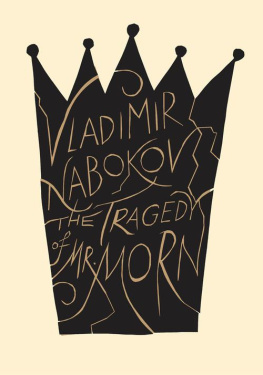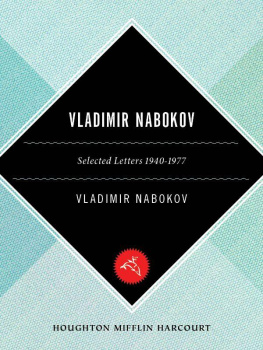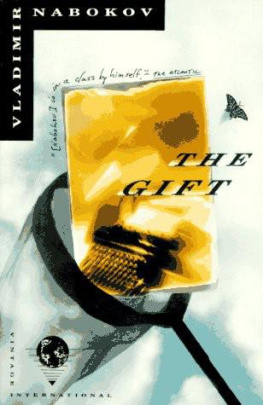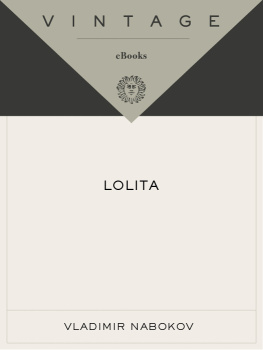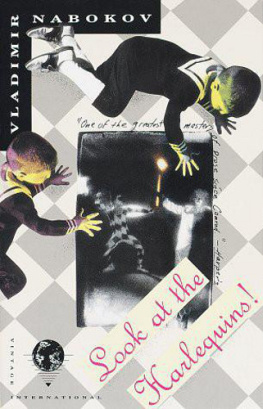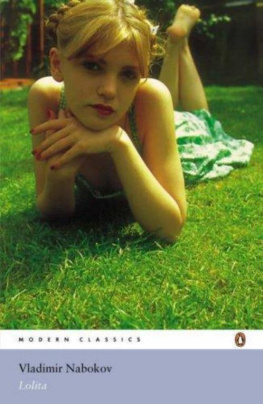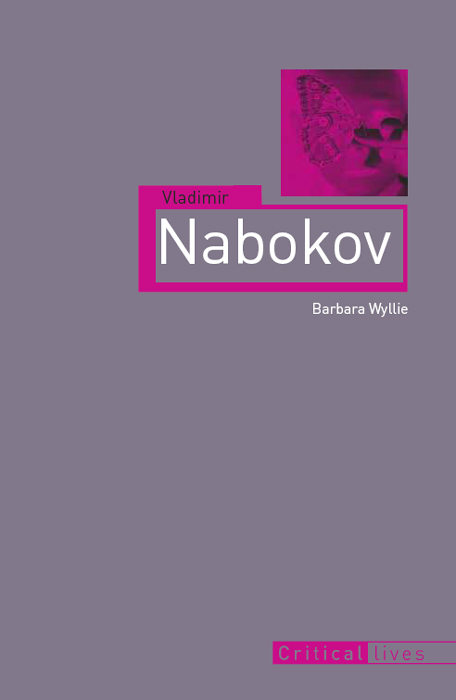Titles in the series Critical Lives present the work of leading cultural figures of the modern period. Each book explores the life of the artist, writer, philosopher or architect in question and relates it to their major works.
In the same series
| Jean Genet | Erik Satie | Gertrude Stein |
| Stephen Barber | Mary E. Davis | Lucy Daniel |
| Michel Foucault | Georges Bataille | Samuel Beckett |
| David Macey | Stuart Kendall | Andrew Gibson |
| Pablo Picasso | Ludwig Wittgenstein | Pablo Neruda |
| Mary Ann Caws | Edward Kanterian | Dominic Moran |
| Franz Kafka | Octavio Paz | William S. Burroughs |
| Sander L. Gilman | Nick Caistor | Phil Baker |
| Guy Debord | Walter Benjamin | Stphane Mallarm |
| Andy Merrifield | Esther Leslie | Roger Pearson |
| Marcel Duchamp | Charles Baudelaire | Constantin Brancusi |
| Caroline Cros | Rosemary Lloyd | Sanda Miller |
| James Joyce | Jean Cocteau |
| Andrew Gibson | James S. Williams |
| Frank Lloyd Wright | Sergei Eisenstein |
| Robert McCarter | Mike OMahony |
| Jean-Paul Sartre | Salvador Dal |
| Andrew Leak | Mary Ann Caws |
| Noam Chomsky | Simone de Beauvoir |
| Wolfgang B. Sperlich | Ursula Tidd |
| Jorge Luis Borges | Edgar Allan Poe |
| Jason Wilson | Kevin J. Hayes |
Vladimir Nabokov
Barbara Wyllie

REAKTION BOOKS
For my mum
Published by Reaktion Books Ltd
33 Great Sutton Street
London EC1V ODX, UK
www.reaktionbooks.co.uk
First published 2010
Copyright Barbara Wyllie 2010
All rights reserved
No part of this publication may be reproduced, stored in a retrieval system,
or transmitted, in any form or by any means, electronic, mechanical,
photocopying, recording or otherwise without the prior permission
of the publishers.
Page references in the Photo Acknowledgements and Index match the printed edition of this book.
Printed and bound in Great Britain
by CPI Antony Rowe, Chippenham, Wiltshire
British Library Cataloguing in Publication Data
Wyllie, Barbara
Vladimir Nabokov. (Critical lives)
1. Nabokov, Vladimir Vladimirovich, 18991977
2. Authors, American 20th century Biography.
3. Authors, Russian 20th century Biography.
I. Title II. Series
813.54- DC 22
ISBN : 978 1 86189 660 5
Contents
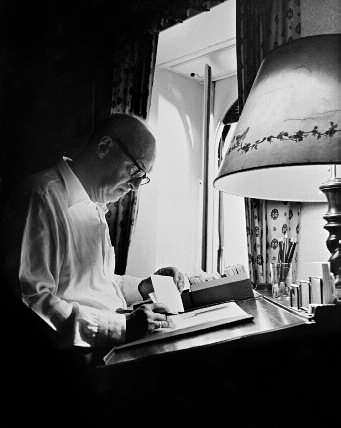
Nabokov at his lectern, complete with supplies of index cards and pencils with rubbers on the end.
1
Nothing will ever change,
nobody will ever die
In the pre-dawn hours of 22 April 1899, in a first-floor room of a grand St Petersburg townhouse, Elena Nabokov gave birth to a son. Vladimir Vladimirovich was the first of five children Sergey (1900), Olga (1903), Elena (1906) and Kirill (1911) born into a family of immense wealth and high social standing. His mother was the daughter of Ivan Rukavishnikov, a millionaire philanthropist. His father, Vladimir Dmitrievich (V. D.) Nabokov, came from a long line of prominent noblemen that could be traced back to the court of Ivan the Terrible and further still to a fourteenth-century Tartar prince. A Gentleman of the Imperial Chamber, he trained as a lawyer and lectured at the School of Jurisprudence in St Petersburg. Renowned throughout Russia and Europe as a leading criminologist, he specialized in sexual crime, controversially campaigning for the rights of homosexuals and the protection of children. Vehemently opposed to capital punishment and all forms of social and religious discrimination, he was an outspoken advocate of liberal reform, publishing regularly in the radical press both inside and outside Russia.
The Nabokovs enjoyed a cultured and cosmopolitan life, with a social network that included statesmen and generals, artists, writers, actors, musicians and opera stars. Winters were spent at their opulent home in St Petersburg, summers at their estate some 50 miles south of the city. There they had three houses at their disposal, two that had belonged to Elenas father Vyra, which she inherited, and the mansion at Rozhdestveno, which now belonged to her brother Vasily (Uncle Ruka) and the other, Batovo, which belonged to V. D.s mother. All three properties were connected by the Orodezh river which led to the village of Vyra, where Elenas father had built three schools, a hospital, a public library and a theatre.
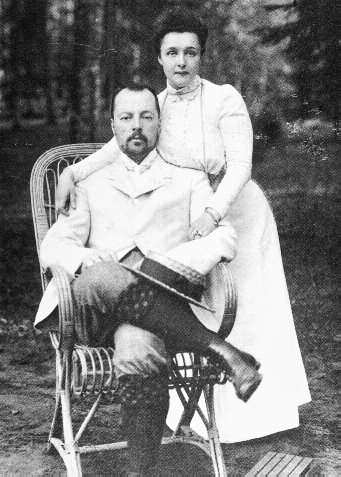
V. D. and Elena Nabokov, 1900.
The entire estate resonated with the echoes of an illustrious past. The Imperial Russian family had spent many summers there, whilst Batovo had been the family home of the Decembrist leader and poet, Kondraty Ryleev. Ryleev was executed with four others for his part in the Decembrist uprising of 1825, and an avenue of trees in the park The Alley of the Hanged was named in his honour. His ghost was said to haunt one of the rooms of the house. Rumour also had it that, five years earlier, Ryleev and Pushkin had fought a duel there. Pushkin, along with his seconds, was reported to have crossed the Rozhdestveno bridge that linked all three estates. He was later to use the postmasters station in the nearby village of Vyra as the setting for one of his 1831 Belkin Tales.
The familys three-storey house in the heart of St Petersburg no. 47, Bol shaya Morskaya also belonged to Elena. Located in an exclusive quarter known as the English Quay on the south side of the Neva, it was one of a street of elegant mansions with Nevsky Prospekt at its east end, running along the Moyka Canal to the west, just a few blocks away from the Admiralty, St Isaacs Cathedral and the Mariinsky Palace. A fashionable art nouveau mansion, it had a side entrance for carriages and later, cars. The upper floor was set aside for the children and their servants, with bedrooms, dressing rooms, a music room and a study on the first floor, reception and dining rooms on the ground floor, and a library that doubled as a sports room, where V. D. Nabokov boxed, fenced and played billiards.
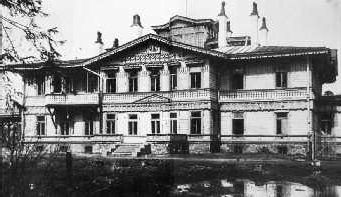
Vyra.
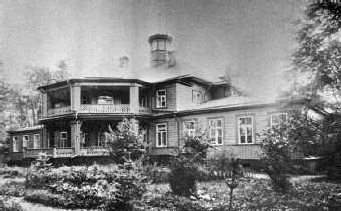
Batovo.
Brought up in the closeted comfort of an upper-class household, the Nabokov children spent much of their time with governesses and tutors, who were responsible both for their education and, particularly in the city, their recreation. They would be taken out tobogganing or ice-skating, to street markets and parties, to the theatre or the opera, but only in the countryside did they enjoy the privilege of absolute, exhilarating freedom. Long summer days were spent boating, swimming, riding, picnicking. Vladimir particularly loved the solitary thrill of exploring the grounds of Vyra, with its tennis court, stables and pavilion, its carefully kept lawns, wild woods, meadows and marshland. His mother was especially fond of their country home, and encouraged him to notice, appreciate and mentally record the most precious details that made the place so magical to her. Vot zapomni, she would say to him, Now remember. She nurtured his visual memory from a very early age, fostering an acute sensory response to the many facets of colour and light generated by a handful of jewels, the play of sunshine through stained glass or the changing hues of trees and plants from spring to autumn. When Nabokov discovered his synaesthesia, which he referred to as coloured hearing, at the age of seven, she revealed to him that she too, had the gift, except the colours of her alphabet differed from his. She introduced him to the great Russian tradition of mushroom picking, whilst encouraging the fascination for butterflies he had inherited from his father, which was to become a lifelong passion.


